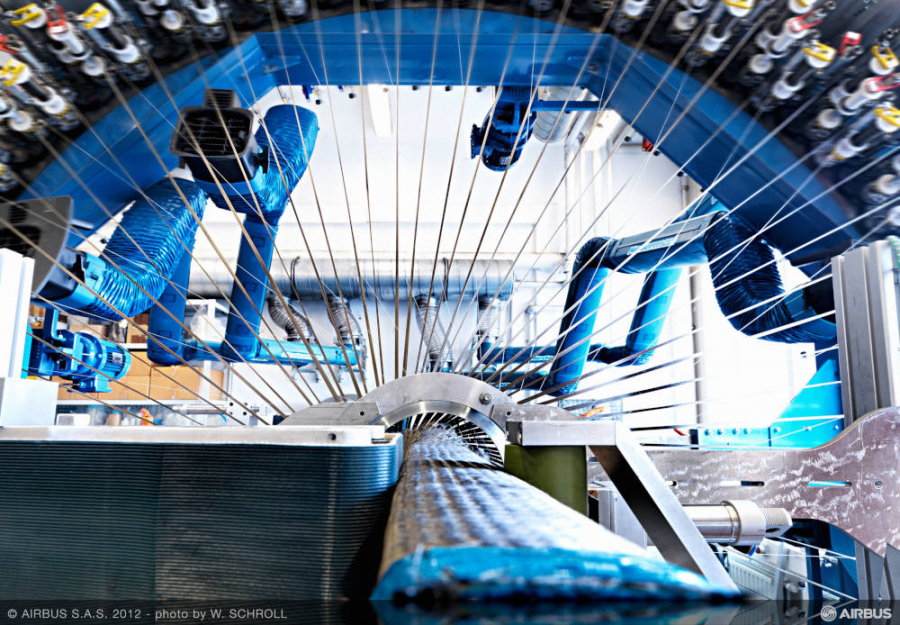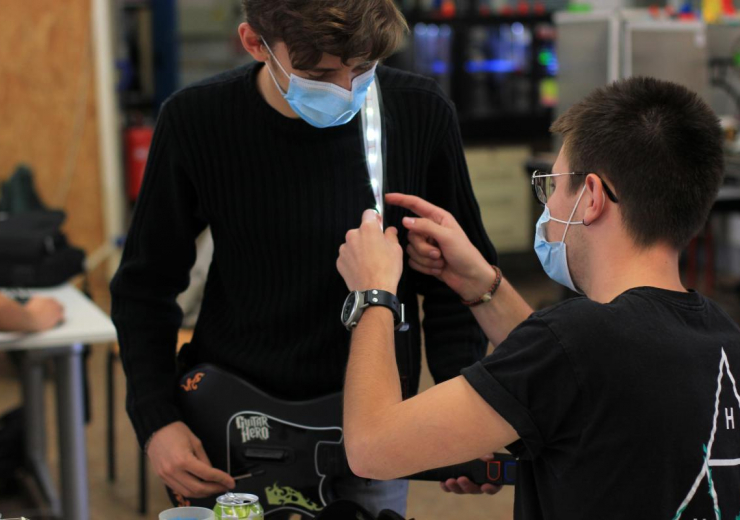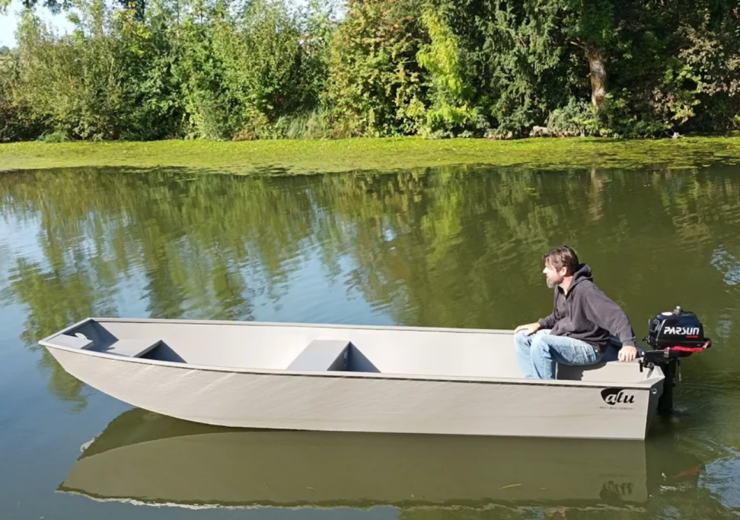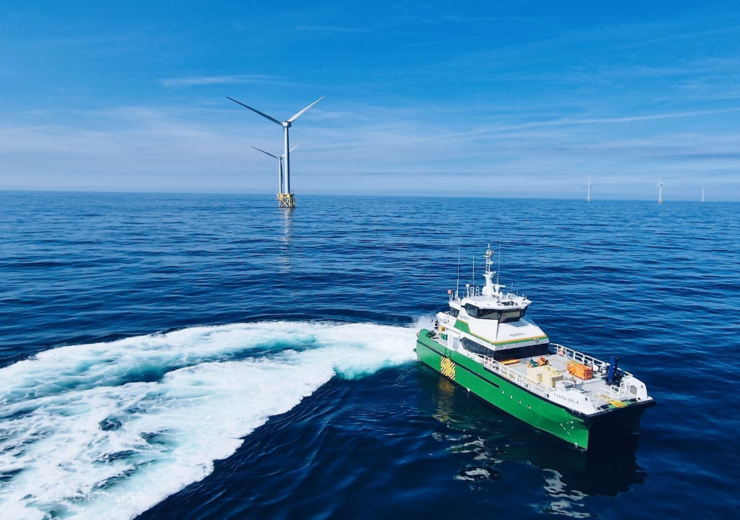Atlantic France is a region with a long industrial tradition and is home to the second largest Airbus industrial hub in France. The aeronautics sector collaborates with R&D specialists such as Cetim and IRT Jules Verne to improve the design, the materials and the manufacturing processes of aircrafts.
Created in France in 1965, the Technical Centre for Mechanical Industry (Cetim) has become a global leader in the field of innovation in mechanics and is made up of 1,000 experts working in more than 30 countries. Various Cetim research teams are located in Atlantic France and are involved in the aeronautics sector, in particular at the Technocampus Composites and at Etim, a composite testing laboratory which is a Cetim subsidiary near Nantes.
An innovative manufacturing method for plane parts
Cetim and Technocampus Composites took part in Sherloc QSP, a €9 million R&D project of the major European research program CleanSky 2 led by the Imperial College of London. Their task was the fulfillment of five demonstrators of plane fuselages and window holes with carbon fibers and PEEK (polyether ether ketone) using the QSP approach.
QSP stands for Quilted stratum process. This innovative high-speed thermoforming method permits parts in composite to be built by making a succession of layers of thermoplastics. The technology allows the production of ready to use parts, to avoid the waste of materials and to reinforce specific areas depending on the parts ́ utilisation.
QSP also has the advantage of speeding up the production according to Cetim’s engineers: by using this technique, each manufacturing line could produce 40,000 parts a year instead of 10,000! Last but not least, the parts can be recycled and the fabrication does not produce styrene emissions.
In Atlantic France, a strategic alliance between aeronautics and composites
Several of the aeronautics´ key players are installed in Atlantic France and take advantage of the composites´ possibilities. The aircraft manufacturer Daher uses the QSP method to assemble fuselage frame clips.
On the other hand, the global leader Airbus has set up a technocenter with 50 engineers at the Technocampus Composites platform, alongside the Jules Verne Institute and the EMC2 competitiveness cluster. The team is working on a revolutionary centre wing box in particular: thanks to composite materials and innovative assembly methods, this essential part of the plane which supports the wings will be produced in only one piece. The absence of screws will lower the weight of the parts, but also mean a 20 percent reduction in manufacturing costs.
The collaborative R&D projects and the partnerships between aeronautics and composites sectors are making Atlantic France a territory at the forefront of innovation in these fields.


 日本語
日本語  Français
Français 



